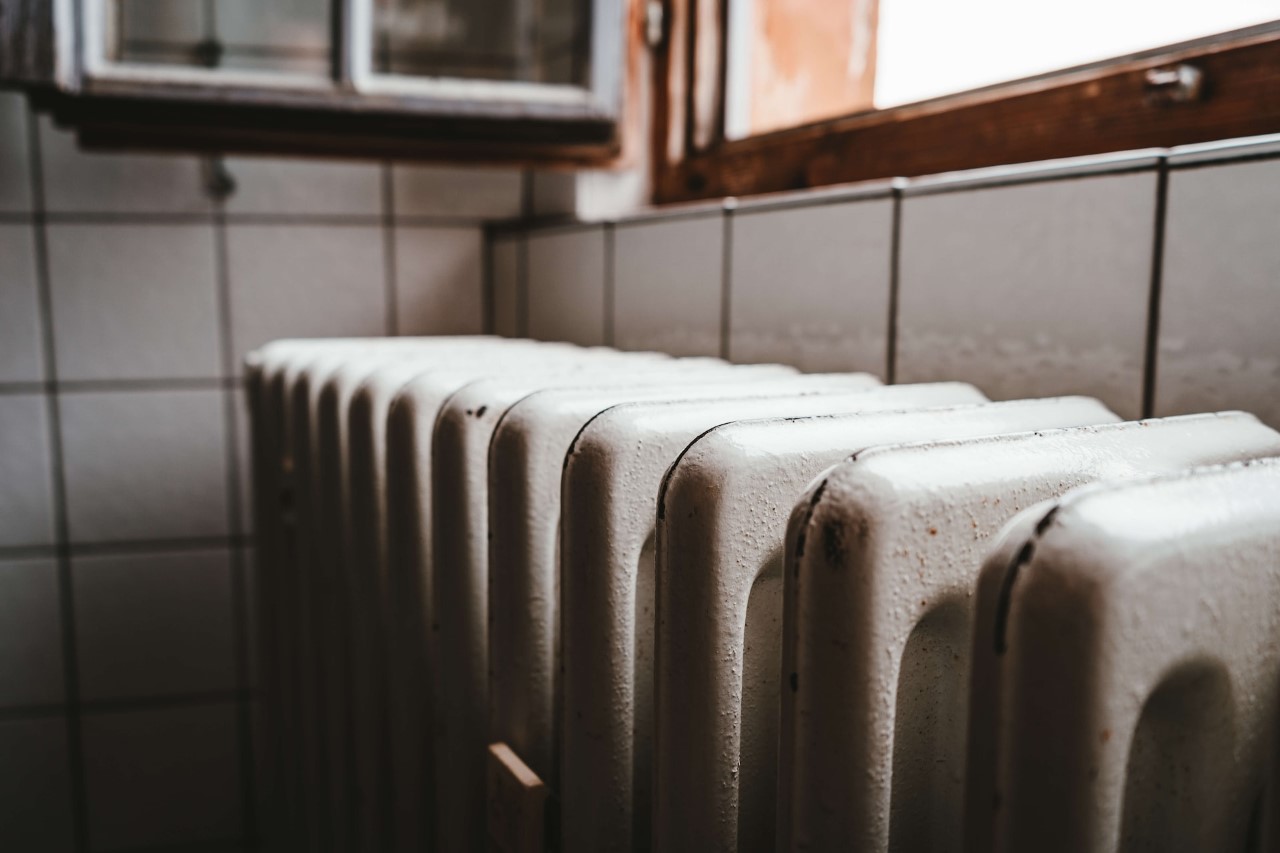Your furnace is one of the most important appliances in your home. Not only does it keep you warm during the winter, but it also helps to keep your energy costs down. Also, if you have a furnace that is not working properly, it can be a safety hazard. That’s why it’s important to perform regular maintenance on your furnace to ensure it works properly. When it comes to maintaining your furnace, there are a few things that you should keep in mind. Here are five tips to help you maintain your furnace:
1. Schedule Maintenance Checks Regularly
Like many other types of machinery, furnace maintenance should be done regularly to ensure it is functioning properly. You should have your furnace checked at least once a year by a qualified technician. If you live in an area with harsh winters, you may need to have your furnace checked more often. Maintenance checks include inspecting the filters, inspecting the blower, and checking for any leaks. Also, the technician will likely oil any moving parts to keep them from getting too dry and causing friction.
2. Change Your Furnace Filter Regularly
This is one of the most important aspects of maintaining your furnace. The furnace filter helps to remove any dust, dirt, or other particles from the air that passes through it. If the filter is clogged, it can cause your furnace to work harder than it needs to, leading to an increase in your energy costs. It’s a good idea to check your furnace filter monthly and replace it every three months. These checks include ensuring that the filter is the correct size for your furnace and that any debris does not block it.
3. Keep the Area Around Your Furnace Clean
You don’t want anything to block the airflow around your furnace. This can cause your furnace to overheat and potentially become a fire hazard. Make sure you keep the area around your furnace clean and free of clutter. This includes keeping any flammable materials, such as newspapers, away from the furnace. Also, don’t store any combustible materials, such as gasoline, near the furnace. By keeping the area around your furnace clean, you can help to prevent any potential accidents.
4. Do Not Block Airflow to Your Furnace
Another important aspect of maintenance is ensuring that your furnace’s airflow is not blocked. If the airflow is restricted, it can cause your furnace to overheat and become a fire hazard. Ensure that you keep any furniture or other items at least two feet away from the furnace so that the airflow is not restricted. Also, don’t store any flammable materials, such as gasoline, near the furnace. When using your furnace, ensure that the area around it is clear so that the airflow is not restricted.
5. Insulate Your Home
Insulating your home is one of the best ways to keep your furnace running efficiently. This will help to keep the heat inside your home and will also prevent any heat loss. Make sure you seal any cracks or gaps around doors and windows so that the heat cannot escape. In return, you can help lower your energy costs and make your home more comfortable. Energy costs can easily add up, so by taking some simple steps to insulate your home; you can save money in the long run.
6. Monitor your Energy Bills
Another way to tell if your furnace is running efficiently is to monitor your energy bills. If you notice that your energy bills are higher than normal, it could be a sign that your furnace is not running as efficiently as it should be. In some cases, you may need to replace your furnace altogether. However, if you take the time to perform regular maintenance on your furnace, you can help prevent any major problems and keep your furnace running smoothly for many years.
Takeaway
Regular maintenance on your furnace is important to keep it running smoothly and efficiently. Following these simple tips can help keep your furnace in top shape, so it can continue to heat your home effectively. Not only will this save you money on your energy bills, but it can also help prolong your furnace’s life. Ultimately, taking care of your furnace is an investment that will pay off in the long run.
